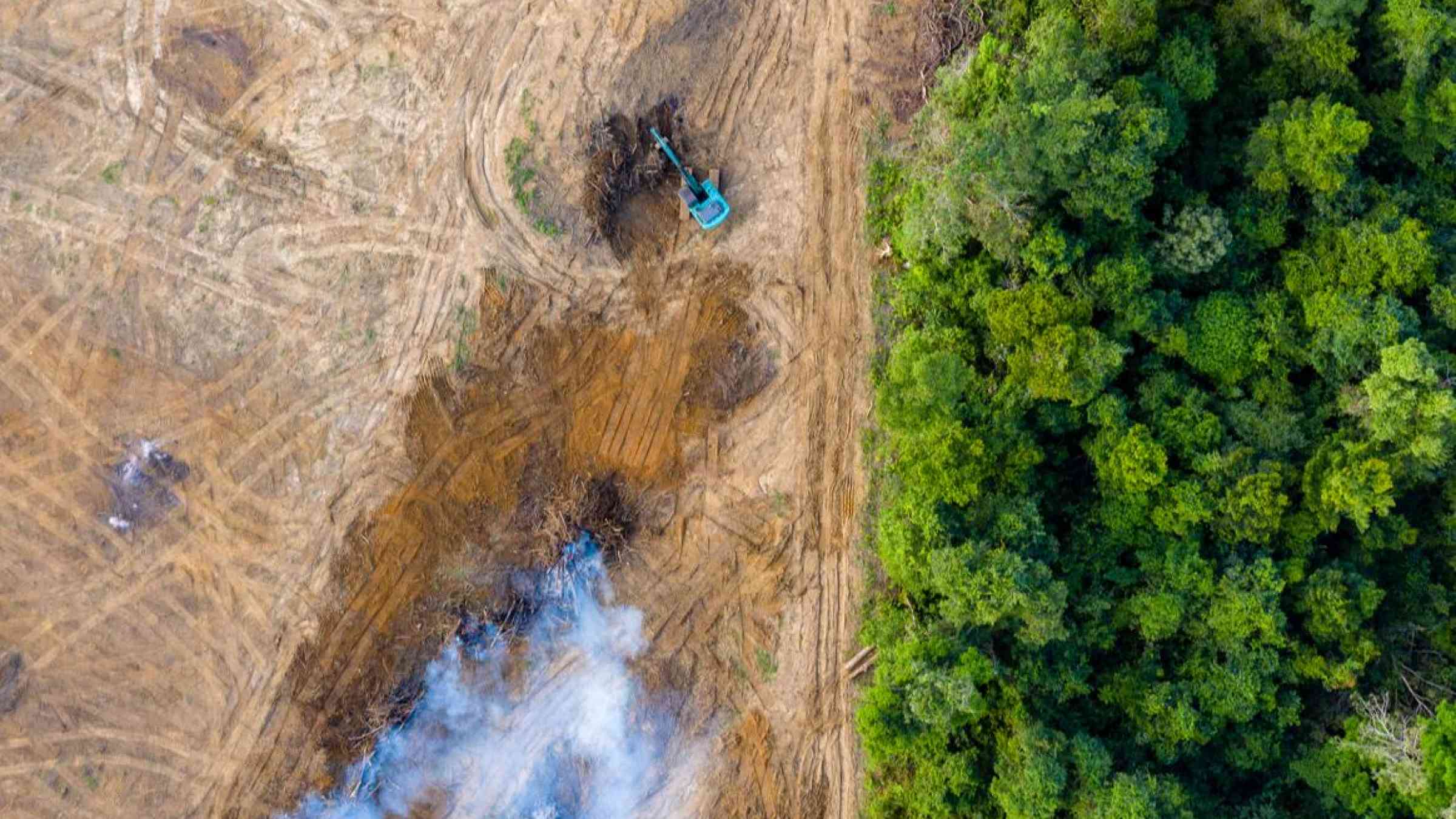
By Amanda Morrow
[...]
A study of 42 countries found that while, on paper, many nations recognise the rights of indigenous and other local peoples, they have not implemented the laws necessary to secure those rights. This includes some of the world’s most biodiverse regions.
Peer-reviewed evidence has shown that indigenous communities consistently outperform governments as the most effective custodians of nature, and offer the strongest chance of reining in both the climate and biodiversity crises
[...]
Zoonotic disease risk
[...]
Secure land rights allowing indigenous and local peoples to properly govern themselves would help prevent the “patchwork of overlaps between people and nature” that allow viruses to jump into the human population, said Anthony Waldron, an conservation finance expert who worked on the study.
“Clearly defined land rights mean large blocks of defined territory that are managed by indigenous peoples and conservationists and are therefore not being invaded in a chaotic way,” he added.